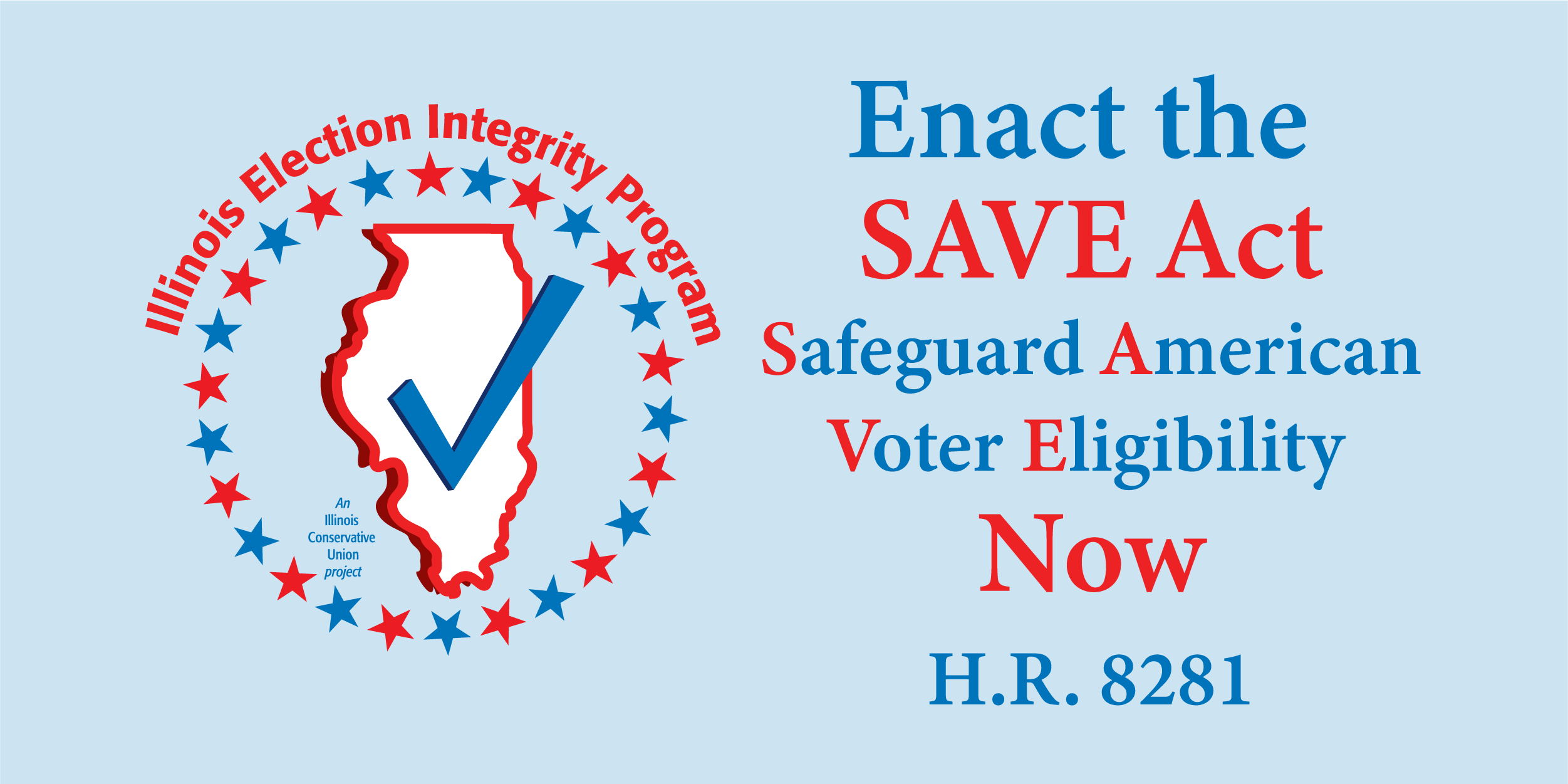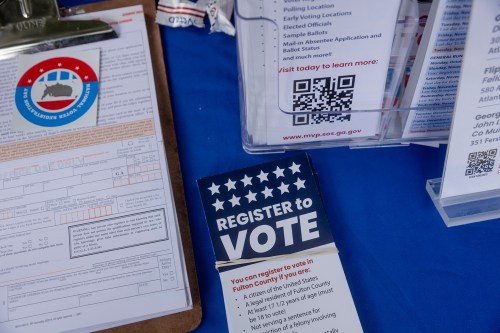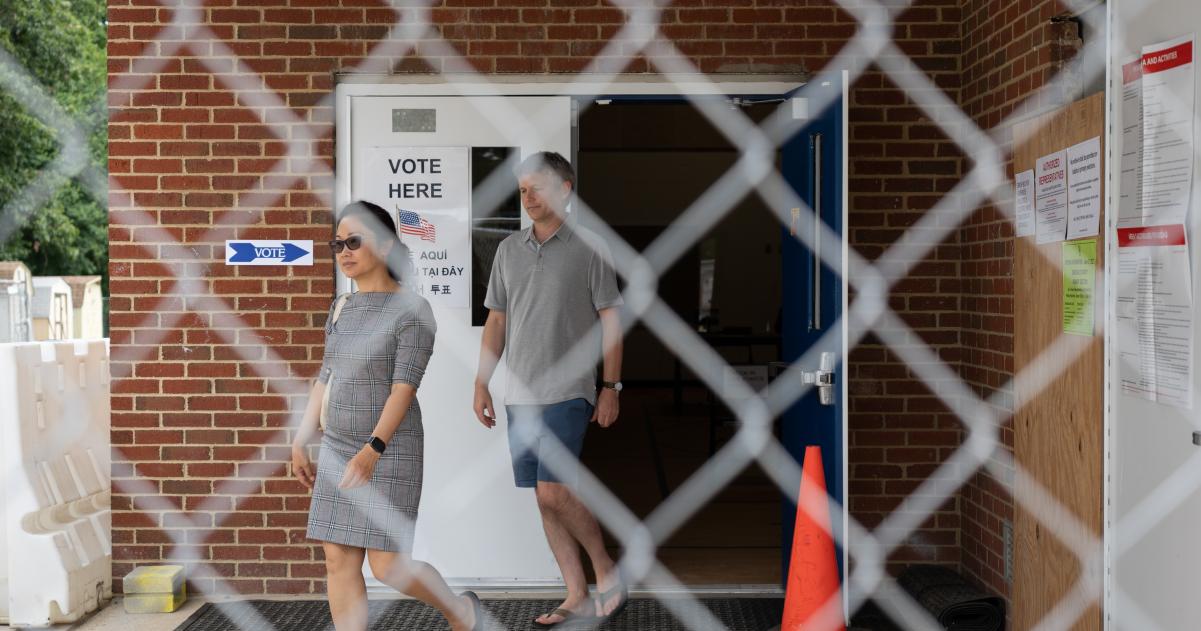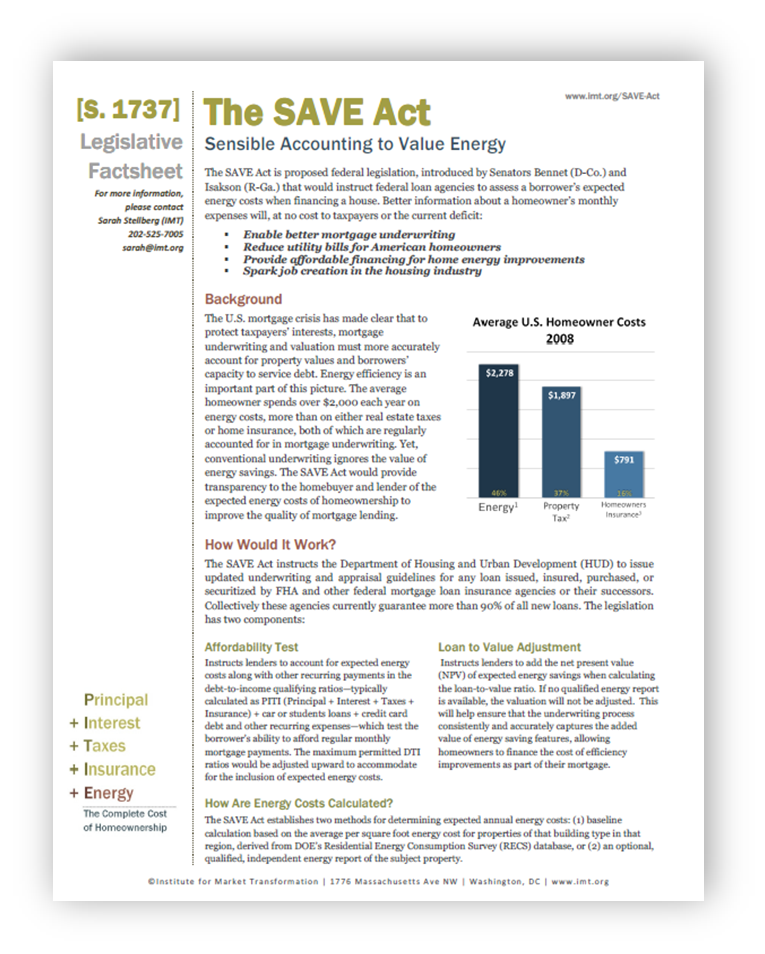Voter Registration Reform: House Passes Bill to Enhance Election Integrity
Table of Contents
- Enact the SAVE Act Now | AlignAct
- US House Passes the SAVE Act - Advancing Integrity
- The SAVE Act: The Biggest Government Grant in the History of Travel ...
- APPLY NOW: Young Women's Leadership Program
- What is the SAVE Act? What to know about proposed voting requirements
- SAVE Act Passes House, Aiming to Prevent Noncitizen Voting
- The SAVE Act Would Disenfranchise Millions of Citizens - Center for ...
- What You Need to Know About the SAVE Act | Campaign Legal Center
- SAVE-Act_Factsheet | Fiberlite Technologies, Inc.
- Save Act 2024 - Adore Mariska
The House of Representatives has taken a significant step towards strengthening the integrity of the electoral process by passing a bill that requires proof of citizenship to register to vote. This move aims to prevent non-citizens from participating in the democratic process and ensure that only eligible individuals can cast their ballots. In this article, we will delve into the details of the bill, its implications, and the potential impact on the voting system.


Background and Context

The issue of voter eligibility has been a contentious topic in recent years, with concerns raised about the potential for non-citizens to register and vote in elections. While there have been instances of voter fraud, the extent of the problem is still a matter of debate. However, the House's decision to pass this bill reflects the growing concern among lawmakers about the need to protect the integrity of the electoral process.


Key Provisions of the Bill

The bill, which has been sent to the Senate for consideration, requires individuals to provide proof of citizenship when registering to vote. This can be in the form of a birth certificate, passport, or naturalization documents. The bill also mandates that states verify the citizenship status of applicants before processing their registration. Additionally, the bill includes provisions for individuals who are unable to provide proof of citizenship, such as those born abroad to U.S. citizen parents, to provide alternative documentation.


Implications and Potential Impact
The passage of this bill has significant implications for the voting system. On one hand, it is likely to prevent non-citizens from registering and voting, thereby reducing the risk of voter fraud. On the other hand, critics argue that the bill may disenfranchise eligible voters who are unable to provide proof of citizenship, such as the homeless or those living in poverty. Moreover, the bill may also place an additional burden on state and local election officials, who will be responsible for verifying the citizenship status of applicants.

Support and Opposition
The bill has received support from lawmakers who believe that it is essential to protect the integrity of the electoral process. They argue that requiring proof of citizenship is a common-sense measure that will prevent non-citizens from participating in elections. However, opponents of the bill argue that it is a form of voter suppression, designed to disenfranchise certain groups of people. They also argue that the bill may have a disproportionate impact on minority communities, who may be less likely to have the necessary documentation.
The House's decision to pass a bill requiring proof of citizenship to register to vote is a significant development in the ongoing debate about voter eligibility. While the bill has the potential to enhance election integrity, it also raises concerns about voter suppression and the potential impact on marginalized communities. As the bill makes its way through the Senate, it is essential to consider the implications and potential consequences of this legislation. Ultimately, the goal should be to ensure that the voting system is fair, secure, and accessible to all eligible citizens.
Keyword density: voter registration, proof of citizenship, election integrity, voter eligibility, voting system.
Meta description: The House has passed a bill requiring proof of citizenship to register to vote, aiming to enhance election integrity and prevent voter fraud. Learn more about the bill and its implications.
Header tags: H1, H2
Image suggestions: A photo of the U.S. Capitol Building, a voting booth, or a person holding a ballot.